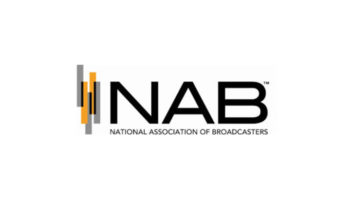WASHINGTON — State emergency communication committees would be required to update their emergency alert system plans periodically under legislation introduced on Capitol Hill.
That’s one provision of the bill introduced by the Republican chairman of the Senate Committee on Commerce, Science & Transportation and the lead Democrat on the Subcommittee on Communications, Technology, Innovation & the Internet. On July 17, Sen. John Thune (R-S.D) and Sen. Brian Schatz (D-Hawaii) debuted the Reliable Emergency Alert Distribution Improvement (READI) Act, with the intention of improving the nation’s emergency alert system.
The bill would also set up best practices for retracting false alerts. In a press release, Schatz referenced the January false alarm that was sent out in his home state and said, “Even though it was a false alarm, the missile alert exposed real flaws in the way people receive emergency alerts. Our bill fixes a number of important problems with the system responsible for delivering emergency alerts. In a real emergency, these alerts can save lives, so we have to do everything we can to get it right.”
[EAS Hearing Explores What’s Next After False Missile Alert]
According to the introductory announcement, the READI Act would:
- Eliminate the option to opt out of receiving certain federal alerts on mobile phones;
- Require active alerts issued by the president or FEMA to be repeated;
- Explore establishing a system to offer emergency alerts to streaming services like Netflix and Spotify;
- Encourage SECCs to review and update their State Emergency Alert System Plans periodically;
- Compel FEMA to create best practices for issuing alerts, avoiding false alerts and retracting false alerts, as well as for alert origination training and plans for officials to contact each other and federal officials during emergencies; and
- Establish a reporting system for false alerts, so the FCC can track when they occur and examine their causes.
Sen. Thune said, “Emergency alerts save lives but management mistakes can erode their credibility and effectiveness. The READI Act implements lessons learned from past incidents and recognizes that emergency protocols must change along with communication technology.”
In response to the legislation, NAB Executive Vice President of Communications Dennis Wharton released a statement saying, “Local radio and TV broadcasters take seriously our lifeline role as ‘first informers’ when disaster strikes, providing vital information to help keep communities safe.” He said NAB would work with the legislators to improve the accuracy and reliability of emergency alerts.







